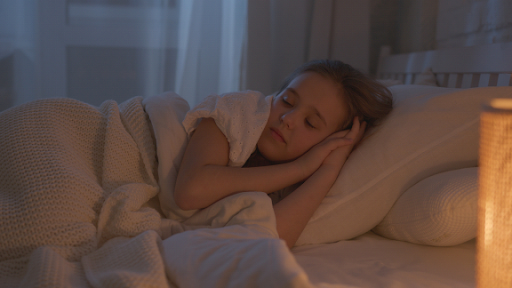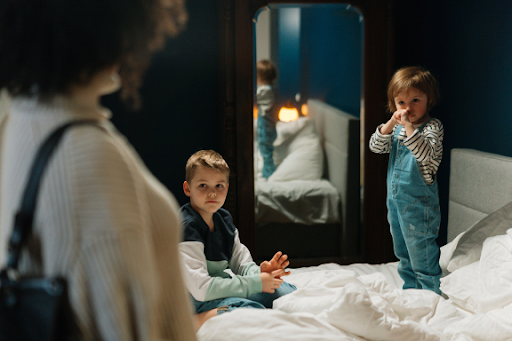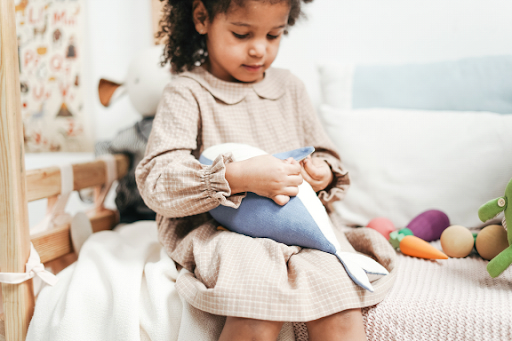Children's Oopsies in the Bed?!!
How old does a child's bed-wetting last?
Although graduating from wearing diapers during the day, many children continue to bedwetting at night. Pajamas and bed sheets get dirty with urine, making washing difficult! Many moms will have their heads. Therefore, this time, in order to reduce the burden on moms, we will explain in detail the causes of bedwetting and countermeasures.
Cause of bedwetting
"Peeing" is a pee that you do while you sleep. Small children have small bladder, immature control of excretion, and cannot store the urine produced while sleeping and overflow. In the daytime, you can go to the bathroom every 2-3 hours, so even if you have pee in your bladder, it will not overflow. However, children with small bladder may be bedwetting because they accumulate pee in the bladder for a long time at night.
How long will your child's bedwetting last?
So how long will these children's bedwetting last? Generally, the standard for getting rid of bedwetting is around 5 to 6 years old. Parents may be worried if they are bedwetting forever, but even at the age of 5-6, the bladder and excretion control may still be growing. How long you spend bedwetting depends on the child. Hormone secretion and bladder growth can't be helped even if mom is impatient. Even if bedwetting continues, it is important to wait for a while. By the age of seven, the secretion and growth of antidiuretic hormones will stabilize, and fewer children will be bedwetting. However, if the bedwetting still persists, we recommend that you consult the pediatrics department of the hospital once.
Bedwetting measures

Refrain from water before going to bed
Make sure you're well hydrated 2-3 hours before going to bed at night. After that, spend the minimum amount of water until you go to bed. It does not mean that you should never rehydrate. After taking a bath, be careful not to get dehydrated by getting enough water.
Get in the habit of going to the bathroom before going to bed
Before going to bed, be sure to go to the bathroom and get into the habit of urinating even a small amount, regardless of whether you want to urinate.
Do not cool the body
When your body gets cold, it can cause bedwetting. In some cases, even if you don't bedwetting in the hot season, you will be bedwetting more often in the cold season. It is important to warm your body in a bath and wear warm clothes to prevent your body from getting cold.
I'll praise you if you succeed
If you weren't bedwetting when you woke up in the morning, don't say "it's normal" and give a good compliment. Children will be happy when they are complimented and will accept the habit of going to the bathroom before going to bed and minimizing hydration. It will be more effective if you talk to them with the feeling of sharing joy with "I'm glad, it's amazing".
Use diapers
If your child is bedwetting and anxious, you may want to use diapers only during the night. Some parents may be reluctant to put on diapers when they are 4-5 years old, but if the child feels a lot of stress from bedwetting, put on diapers at night and let the child wear them. It is important to have a sense of security. If the number of bed-wettings decreases or becomes stable, it is a good idea to switch to pants.
Bedwetting does not last forever
It's worrisome if your child's bedwetting continues, but being too nervous can be stressful and counterproductive. Children's bedwetting does not last forever. Here are three things moms can do when their child is bedwetting.
- Don't wake up... Even if you're worried about bedwetting, waking up in the middle of the night is counterproductive!
- Don't get angry... The stress of getting angry can make your bedwetting worse!
- Don't rush... Pressure and anxiety can make your bedwetting worse!
Take it with a broad heart, thinking that it is unavoidable for a growing child to bedwetting. If moms treat them with a sense of comfort, their children will be able to welcome the morning with a smile.

